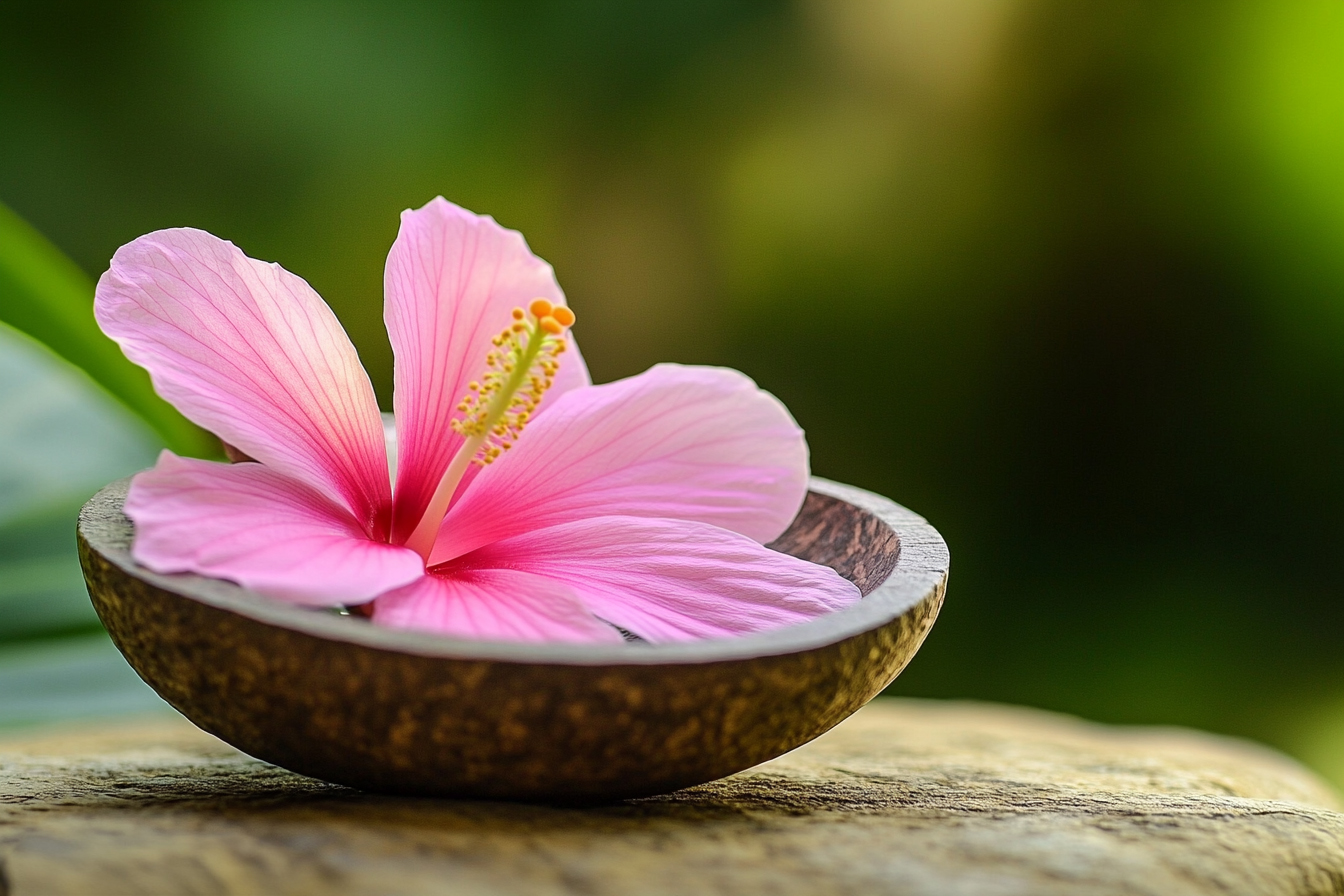You may have visited Hawaii many times and become familiar with its culture. You know several Hawaiian words, love Hawaiian music and food and have explored historical sites. However, some people still think Hawaiian culture is primitive. After all, Hawaiians did not have a written language, did not use the wheel until introduced by Westerners, and did not embrace land ownership. The climate was perfect, the food was abundant, and life seemed simple. But was it truly primitive? It may seem so until you go deeper.
In Hawaii, everything has depth. Hawaiian culture is rooted in wisdom, sustainability, and spiritual connection. To understand why it is far from primitive, let’s dive deeper.
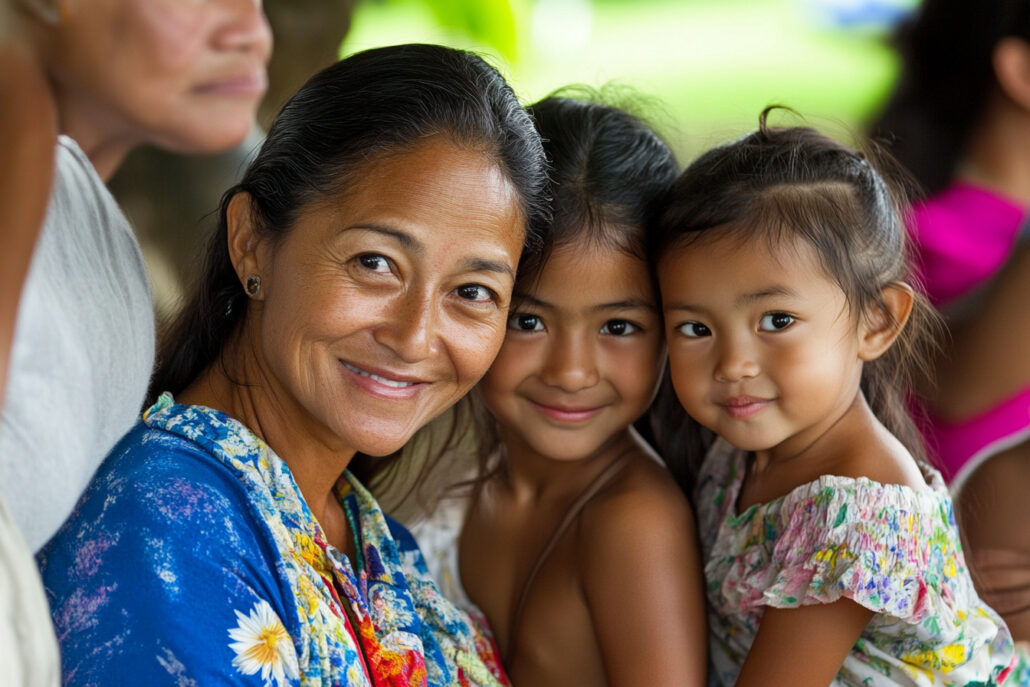
Ohana – Family and Community Values
In many places worldwide, traditional family values are fading. Young people increasingly avoid marriage and children, and many live in isolation. Compare this with Hawaii, where ohana, or family, is at the heart of society. Family is always first, and this extends beyond parents and children to the entire community.
Hawaiians value children and see them as a blessing. It is common for multiple generations to live together, where elders, or kupuna, are highly respected. Calling someone “uncle” or “auntie” is not just a courtesy—it’s a sign of deep respect. In contrast to Western individualism, where people barely know their neighbors, Hawaiian communities thrive on connection.
The concept of hanai, or informal adoption, is another unique cultural aspect. In ancient Hawaii, children were sometimes raised by another family for various reasons. This tradition continues today, reinforcing the sense of extended family and responsibility.
Which system seems more advanced—the isolated, modern nuclear family or a society where elders are cherished, children are prioritized, and the community supports each other?
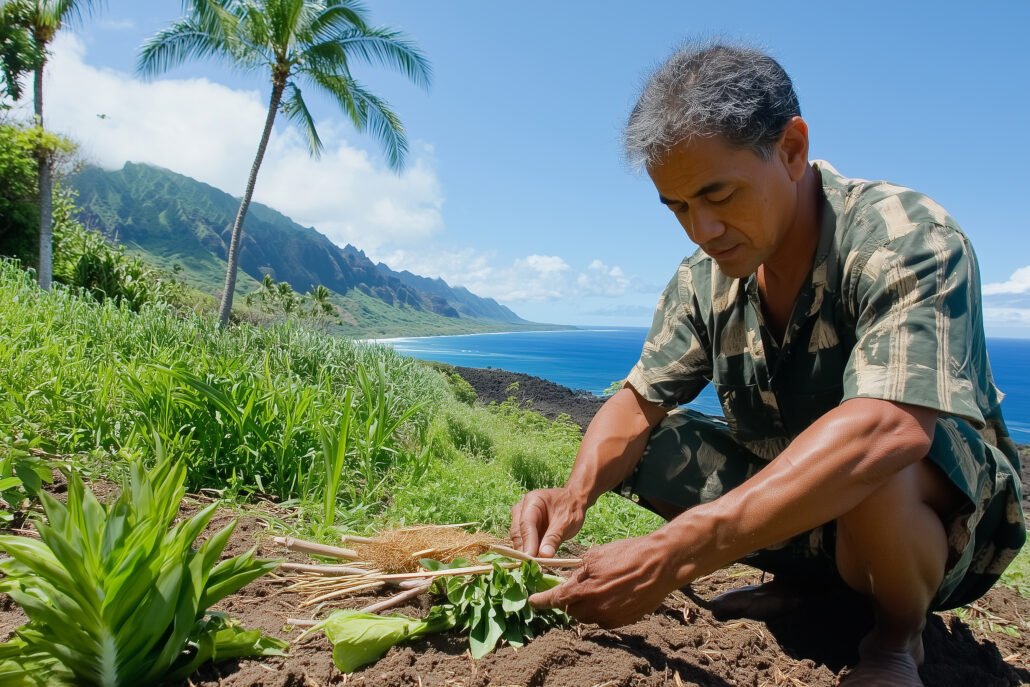
Aina – Deep Connection to Land
Hawaiians have a profound connection to the Land (Aina). The philosophy of malama aina (caring for the Land) is central to Hawaiian life. They understood that sustainability was not an abstract concept but a necessity for survival.
Unlike Western notions of land ownership, ancient Hawaiians believed Land belonged to no one—it was a shared resource to be cared for. Each family was given a land division (ahupua’a) that extended from the mountains to the ocean. This system ensured every community had access to varied resources—forest game, fertile soil for crops, and fish from the ocean. This vertical land management was an advanced and sustainable approach to resource allocation.
Hawaiians also built fishponds, an ingenious aquaculture system still visible today in places like Mauna Lani and Waikoloa Beach Resort. These ponds allowed small fish to enter but prevented larger fish from escaping. This sustainable food source ensured a constant supply of fish without overfishing—an advanced ecological practice.
Modern conservationists emphasize preserving ecosystems and coral reefs, but Hawaiians have been practicing these principles for centuries. Coral reefs, for example, are crucial to marine biodiversity. Hawaiians knew that when coral died, fish disappeared. Their wisdom in protecting these ecosystems is now backed by modern science.
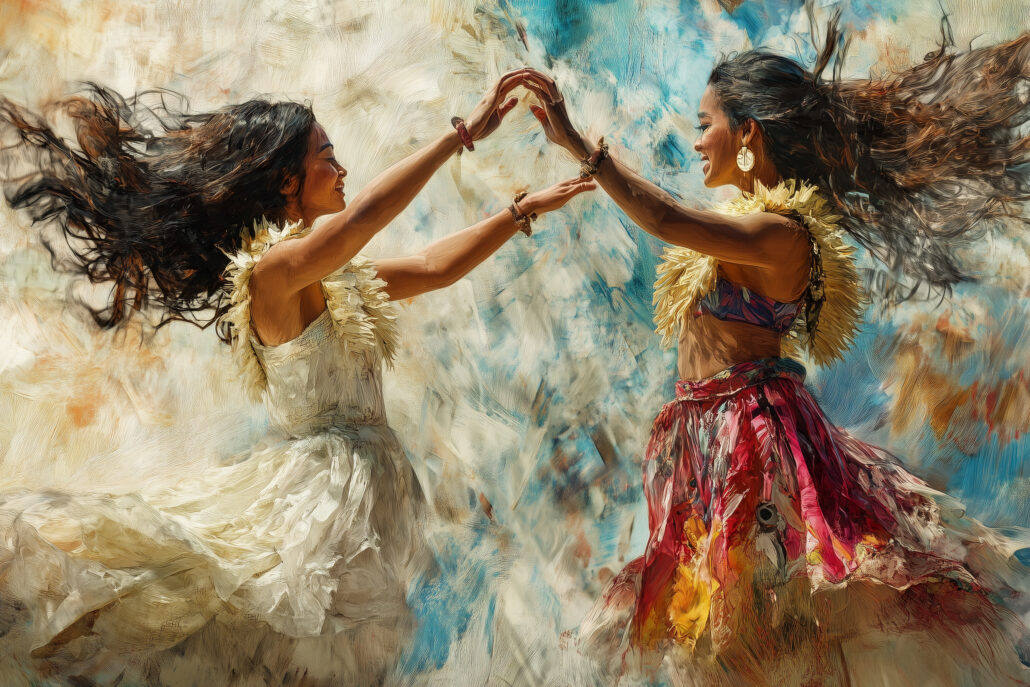
Olelo Hawaii and Hula – Language and Music
Hawaiians may not have had a written language, but Olelo Hawaii, the Hawaiian language, was rich and deeply expressive. They preserved history and culture through oral storytelling, chants, and hula.
Hula is not just a dance; it is a spiritual and historical practice. Hula Kahiko is an ancient Hawaiian art form that serves not only as a means of entertainment and storytelling but also as a powerful way to connect with the Land and honor ancestors who came before. Unlike the common perception that hula is purely for entertainment, its true purpose lies in spiritual transcendence.
Even today, Hawaiians practice “talking story,” a tradition of gathering to share history, wisdom, and humor. In an age of digital communication and social disconnection, the Hawaiian way of storytelling fosters a deep human connection.
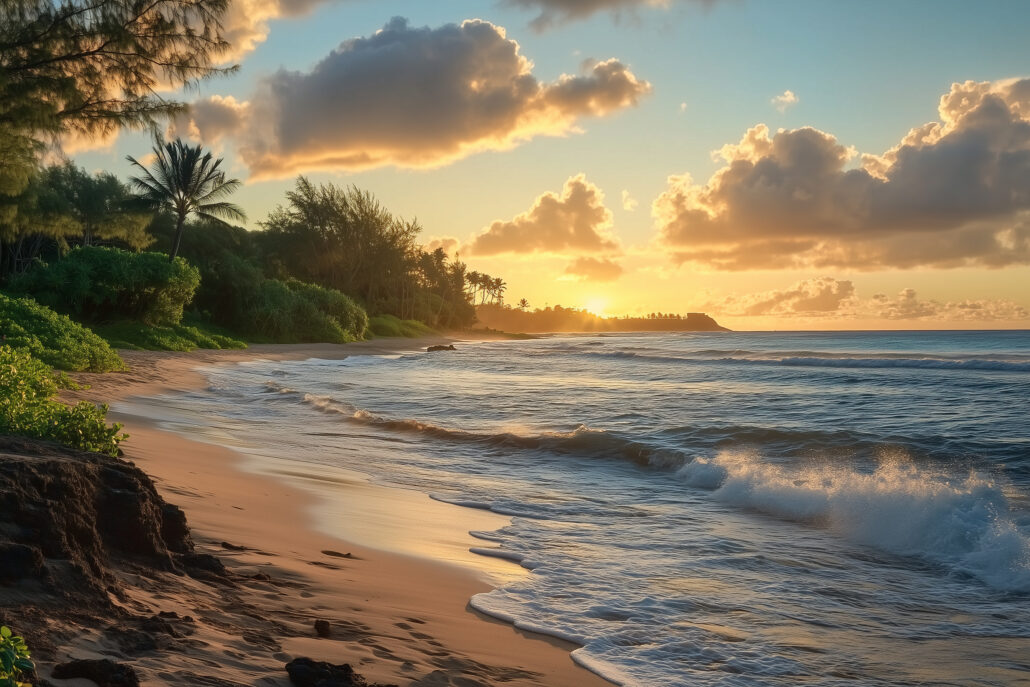
Lifestyle – The Art of Slow Living
The laid-back Hawaiian lifestyle is deeply rooted in the understanding that life is meant to be lived, not rushed. In Hawaii, people embrace a slower pace, valuing presence over productivity and connection over constant busyness. Nature itself offers the perfect example—waves roll onto the shore, trees grow strong and tall, and the sun rises and sets without haste, yet everything unfolds as it should. Hawaiians embody this rhythm, rarely in a hurry, allowing life to flow naturally rather than forcing it into a rigid schedule. This mindset fosters a deep appreciation for the moment, where the beauty of life is found not in how much is accomplished but in the richness of the experience itself.
Spirituality – Aloha as a Life Force
The word Aloha is often reduced to a simple greeting, but its meaning is profound. Alo means presence, and ha means breath—together, it signifies “breath in presence.” It embodies love, gratitude, and the essence of life itself.
Many cultures recognize a life force—prana in India, chi in China, and mana in Hawaii. Ancient Hawaiians understood that the heart holds wisdom, a belief now being studied by institutions like the HeartMath Institute in California.
Hawaiians also practice Ho’oponopono, a powerful forgiveness and healing prayer. It is a way to reconnect to your heart, restore harmony, and resolve conflicts. Long before modern psychology, Hawaiians had an advanced system for emotional well-being.
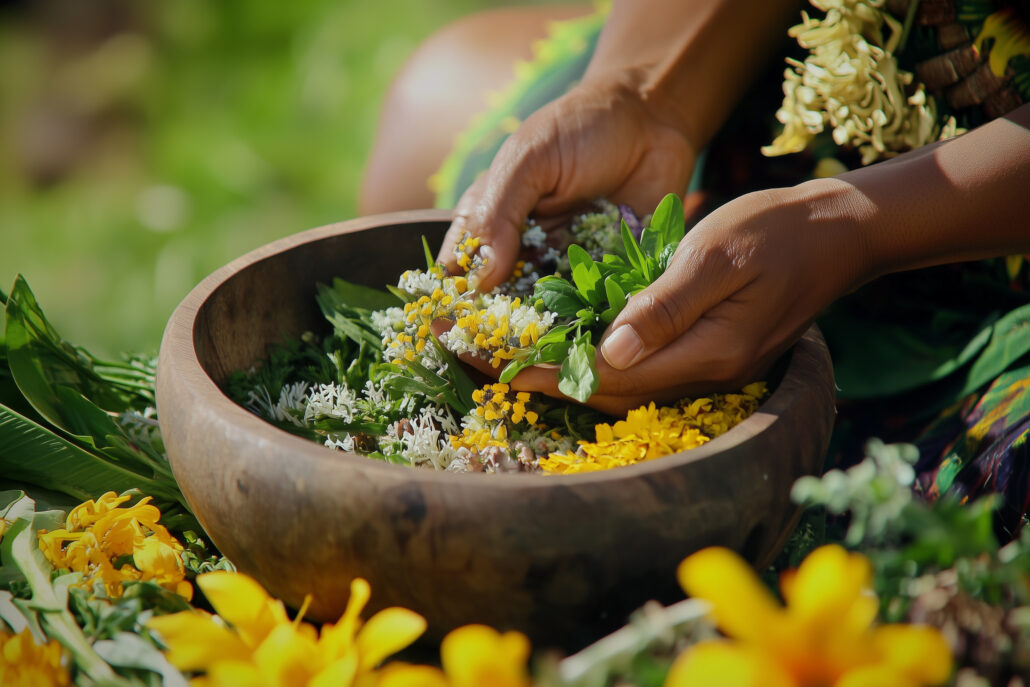
La’au Lapa’au – Traditional Healing
Hawaiians developed La’au Lapa’au, an herbal medicine system that utilized native plants for healing. They viewed health holistically, addressing not just physical symptoms but emotional and spiritual well-being.
Unlike modern medicine, which often focuses on treating diseases with drugs and surgeries, Hawaiian healing emphasized prevention, balance, and natural remedies. Today, holistic medicine is gaining popularity in the West, but Hawaiians have practiced it for centuries.
A Culture of Wisdom, Not Primitivism
To dismiss Hawaiian culture as primitive is to misunderstand its depth and sophistication. It is a culture of sustainability, community, spirituality, and holistic wisdom.
The Western world is only now embracing concepts that Hawaiians have practiced for centuries—sustainability, holistic healing, family-oriented values, and deep ecological respect. Next time you visit Hawaii, look beyond the tourist attractions. Listen to the stories, feel the spirit of Aloha, and appreciate the wisdom embedded in this remarkable culture.
From our ohana to yours—Aloha!
